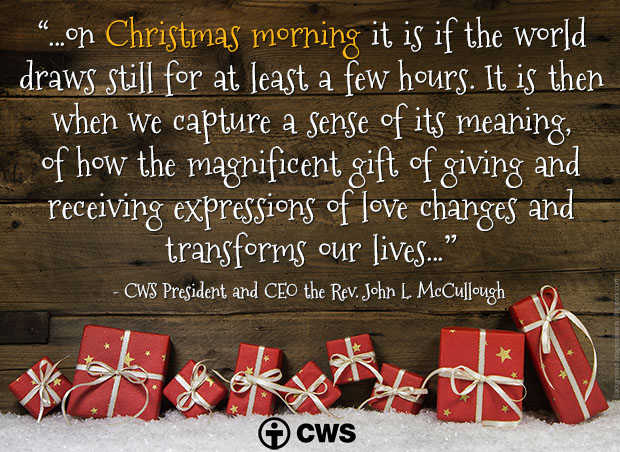 In his Gospel, Matthew writes, “Now the birth of Jesus the Messiah took place in this way.” Luke opened his text noting, “I too decided, after investigating everything carefully from the very first, to write an orderly account for you…”
In his Gospel, Matthew writes, “Now the birth of Jesus the Messiah took place in this way.” Luke opened his text noting, “I too decided, after investigating everything carefully from the very first, to write an orderly account for you…”
The Christmas narrative we revere today is the result of scholarly work. In fact, all four of the Gospel texts were attentive to a detailed presentation and convincing argument about the historical Jesus. That is why the narrative has withstood the test of time, and little has changed since. Few other things can make such a claim. Typically, when we awaken each morning and look in a mirror, we notice that with maturity come the little things that make us more beautiful or handsome from one day to the next. Perhaps a changing tint of hair color, a nuanced facial expression; we stop and stare, not always knowing what has changed, but certain that something has. Then one day we awaken to a more stark difference, seeing the characteristics of a parent or an older sibling, and wonder, did I just become…?
The birth of Jesus was so important, and so long anticipated that these Gospel historians felt the imperative for the world to pause a while longer and reconcile what had changed. This was not some insignificant moment, it was life changing, and could not be allowed to pass with nary a glance. It was the perfect Incarnation of God’s love for humanity.
For many, Christmas is associated with cold weather and snow. While beloved, weather can induce a reluctant quality to the holiday. Yet, on Christmas morning it is as if the world draws still at least for a few hours. It is then when we can capture a sense of its meaning, of how the magnificent gift of giving and receiving expressions of love changes and transforms our lives, how the impossible suddenly feels possible, and how wonderful it feels to simply be appreciated, even when we have changed.
During these times when we see the images of domestic and international terrorism, vulnerability of refugee resettlement, encroaching global warming and the economic dislocation of poor families, let us not lose sight of the faces of children eager for a brilliant future or of parents working hard to lift their families out of poverty, for therein is the truth that as our world matures it too becomes more beautiful or handsome from one day to the next.
Charles Wesley captured this sentiment well in his hymn:
Come, Thou long-expected Jesus
Born to set Thy people free
From our fears and sins release us
Let us find our rest in Thee
Israel’s strength and consolation
Hope of all the earth Thou art
Dear Desire of every nation
Joy of every longing heart
Merry Christmas.
The Rev. John L. McCullough is President and CEO of CWS.
